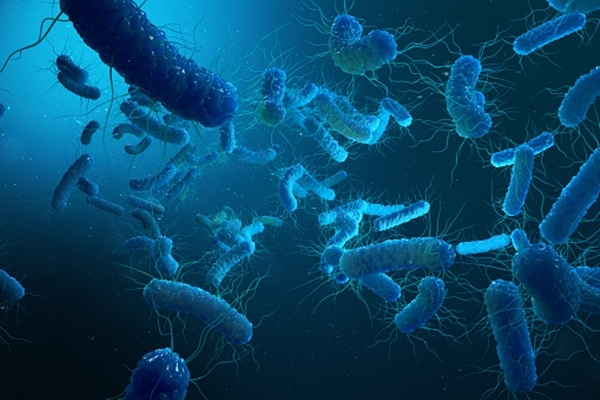Researchers have developed a test to determine if bacteria are sick, similar to the one used to test humans for COVID-19.
According to the researchers, including Sarah Preheim from Johns Hopkins in the US, the pandemic has made clear the threat that some viruses pose to people. However, viruses can also infect life-sustaining bacteria.
“This testing tool allows us to track viral infections more easily, so we can monitor these infections to see when they are most likely to have important environmental consequences,” Preheim said.
Determining viral infections in bacteria traditionally relies on culturing both bacteria and virus, which misses 99 per cent of bacteria found in the environment because they cannot be grown in culture, the researcher said, adding that tests of viral infections in uncultured bacteria are expensive and difficult to apply widely, not unlike the early stages of Covid-19 testing.
The key to making a test of viral infections for uncultured bacteria faster and more affordable was to isolate single bacterial cells in a small bubble and fuse the genes of the virus and bacteria together once inside.
“The fused genes act like name tags for the bacteria and viruses,” said lead researcher Eric Sakowski from Mount St. Mary’s University in the US.
“By fusing the genes together, we are able to identify which bacteria are infected, as well as the variant of the virus that is causing the infection,” Sakowski added.
The resulting test provides a novel way to screen for viral infections in a subset of bacterial populations, according to a study published in the journal Nature Microbiology.
The test allows researchers to identify a link between environmental conditions and infections in Actinobacteria, one of the most abundant bacterial groups that plays a crucial role in decomposing organic matter, making nutrients available to plants and photosynthetic algae.
IANS

